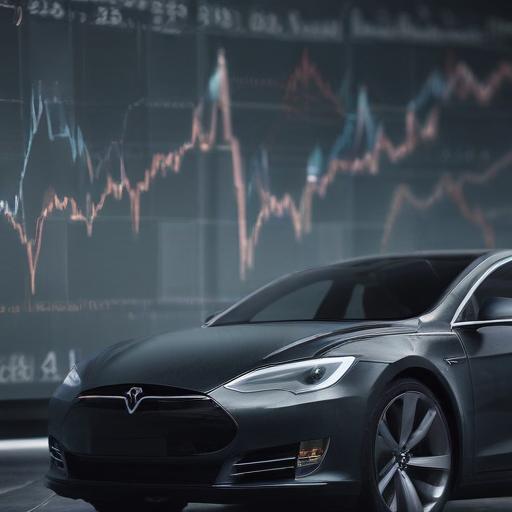The current landscape of geopolitics and corporate strategy has become significantly volatile, particularly influenced by President Trump’s extensive tariff plans for 2025 and Elon Musk’s burgeoning political ambitions. This article examines the impact of these two forces on the stock performances of companies like Tesla and Uber, while also addressing risks and opportunities within tariff-sensitive sectors.
Under President Trump’s administration, his tariffs have faced legal challenges after being deemed illegal in May 2025, leading to economic repercussions that include a projected 0.9% decrease in U.S. GDP and the potential loss of 1.1 million jobs by mid-2026. Industries heavily affected include automotive and logistics, while technology and pharmaceuticals prepare for the ramifications of ongoing investigations.
Elon Musk’s involvement in politics has introduced substantial fluctuations in Tesla’s stock performance. Resistance to Trump’s proposed “Big, Beautiful Bill” and the formation of Musk’s America Party have led to significant changes. These factors contributed to the elimination of electric vehicle (EV) tax credits for American manufacturers, diminishing Tesla’s competitive pricing advantage and resulting in a favorability rating drop for the company to 32%. Furthermore, Musk’s political focus and underwhelming trial results of the company’s Robotaxi initiative have raised concerns that Tesla’s stock, which has lost $280 billion in market cap since early 2025, might continue on a downward trend unless Musk refocuses on improving operations.
In contrast, Uber has displayed resilience amidst this shifting landscape by focusing on profitability and partnerships in autonomous vehicle (AV) technology. In the first quarter of 2025, Uber reported a revenue increase of 14% to $11.5 billion and a net income of $1.8 billion, while its delivery segment outperformed mobility services. By forming collaborations with companies like Waymo and WeRide, Uber has managed to mitigate tariff risks, effectively allowing it to thrive within current market challenges. The company’s stock has risen by 55% year-to-date, suggesting that it may be a more stable investment option compared to Tesla.
Industries sensitive to tariffs—such as semiconductors and logistics—are also depicted as having both threats and opportunities. Proposed 25% tariffs on imports from China and Taiwan pose risks, yet companies like Taiwan Semiconductor and NVIDIA might benefit if trade relations improve. Meanwhile, U.S.-based logistics firms that can maintain diversified supply chains, like FedEx, show promise despite significant maritime equipment tariffs.
Investors are encouraged to take strategic actions based on current market conditions. With potential for recovery linked to forthcoming rulings and tariff deadlines, those focused on companies with robust fundamentals and transformative technology exposures are more likely to succeed. The article underscores a critical divergence: Tesla faces considerable risk due to Musk’s political entanglements, while Uber’s operational focus positions it as a frontrunner in the logistics sector, offering a more favorable outlook for investors.
Overall, continued monitoring of tariff developments and maintaining a diversified portfolio will be essential strategies to navigate this complex, evolving market landscape.
